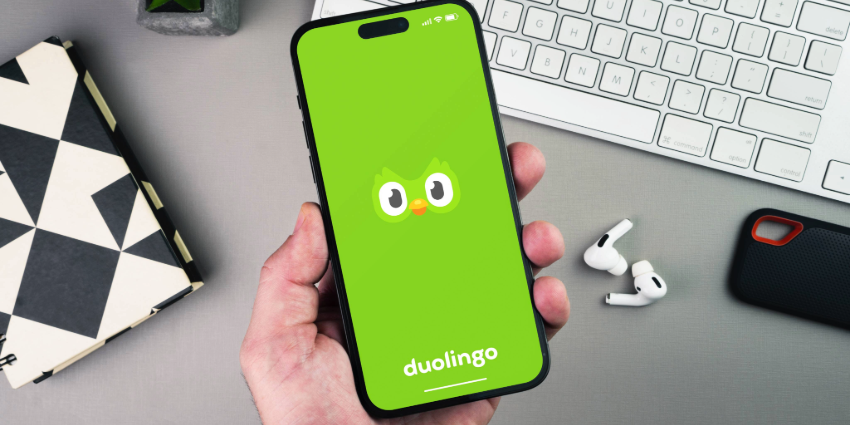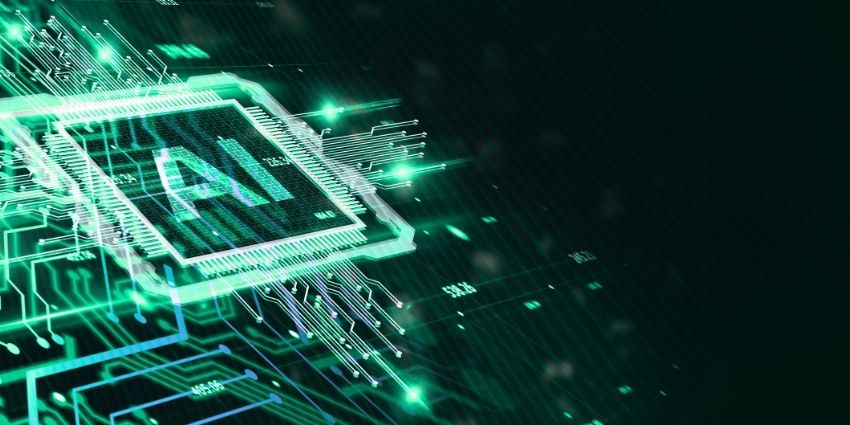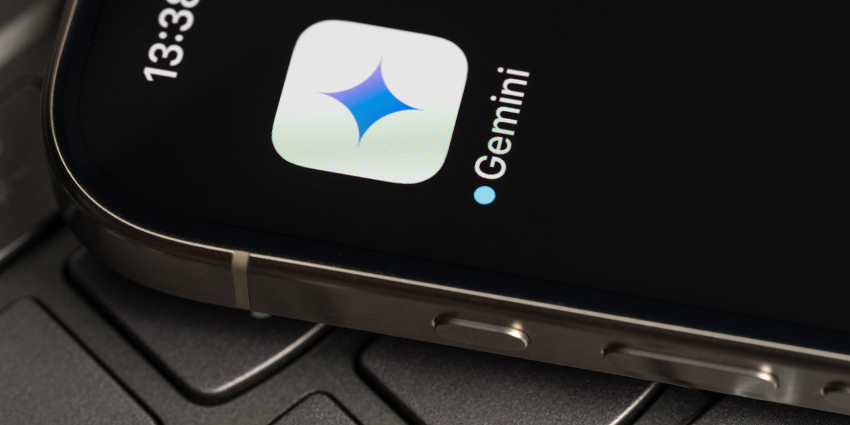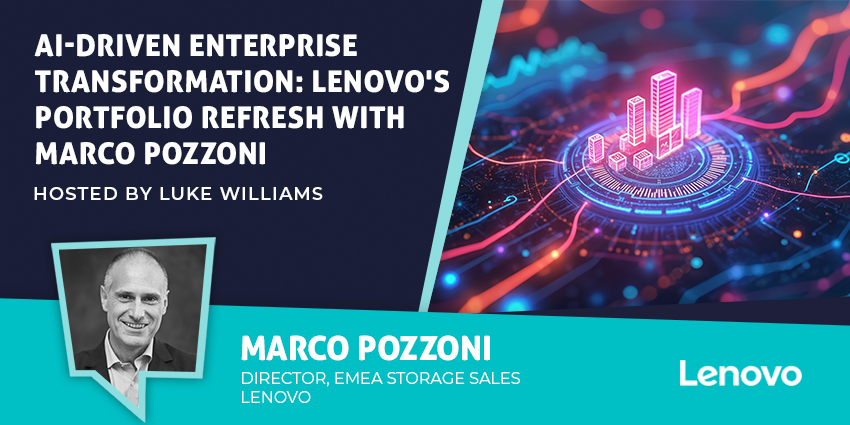Language learning app Duolingo has officially declared itself “AI-first,” with CEO Luis von Ahn announcing plans to gradually phase out contract workers in favor of artificial intelligence:
I’ve said this in Q&As and many meetings, but I want to make it official: Duolingo is going to be AI-first…AI is already changing how work gets done. It’s not a question of if or when. It’s happening now. When there’s a shift this big, the worst thing you can do is wait.
The language learning platform, known for its mascot Duo the owl (and the memes about his menacing persistence), is embracing AI for everything from content creation to internal workflows, hiring practices, and its codebase.
AI-First: What It Means
According to von Ahn, being “AI-first” will require fundamental changes to how Duolingo operates. The company plans to implement several “constructive constraints” to guide this transition:
- Gradually phasing out contractors for work that AI can handle
- Making AI use part of hiring criteria and performance reviews
- Only approving new headcount if teams cannot automate more of their work
- Creating specific initiatives for most functions to fundamentally change how they operate
“We’d rather move with urgency and take occasional small hits on quality than move slowly and miss the moment,” the statement reads, revealing the company’s willingness to prioritize speed over perfection in its AI transition.
A Committed AI Adopter
This isn’t Duolingo’s first move toward AI-powered operations. According to Business Standard, the company had already laid off 10% of its contract workers in early 2024 after implementing AI content generation. Von Ahn describes this as
…one of the best decisions we made recently…without AI, it would take us decades to scale our content to more learners.
Last year, the company also introduced an AI chatbot named Lily, with von Ahn joking at the time: “Over time, she is going to do more and more of my job, and I can just retire.”
AI and Job Replacement – The Big Debate
Duolingo’s announcement comes amid wider industry conversations about AI’s impact on the workforce.
We recently wrote that research from Anthropic suggested that 43.6% of current AI applications could directly replace human workers.
The tension between automation and human employment isn’t new.
As tech journalist Rory Greener wrote:
Fears about AI job displacement have been around for as long as companies have been exploring ways to automate tasks – so pretty much forever. From the first mechanical looms to modern-day assembly lines, workers have watched new machines and software emerge, each time asking: ‘Will this be the thing that takes my job?’
Human vs. Machine: The Question of Skills
QKS Group’s Nikhilesh Naik suggests that while AI is changing job requirements, it isn’t necessarily eliminating the need for human skills entirely. Instead, the focus is shifting “from typing syntax” to “understanding the very framework of logic that governs intelligent systems.”
This broadly aligns with von Ahn’s message, who claimed:
This isn’t about replacing Duos with AI. It’s about removing bottlenecks so we can do more with the outstanding Duos we already have. We want you to focus on creative work and real problems, not repetitive tasks.
Work in an AI-First World
There’s been plenty of analysis of what tomorrow’s ‘world of work’ will look like, including Microsoft’s ‘Work Trend Index’, which we analysed last week.
While Duolingo frames its AI-first approach as a strategic necessity similar to its early bet on mobile platforms (which helped it win iPhone App of the Year in 2013), the move raises questions about the future of work in AI-driven companies.
As Anthropic’s security chief Jason Clinton recently predicted, we might soon see “AI virtual employees with their own accounts and ‘memories'” transforming workplaces. However, he also warns that companies must solve significant cybersecurity challenges first.
Whether Duolingo’s AI-first approach will benefit its users, developers, or just its bottom line remains to be seen. What’s clear is that the company is among the first to openly embrace what may become a wider trend of replacing contract workers with AI systems.








